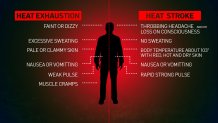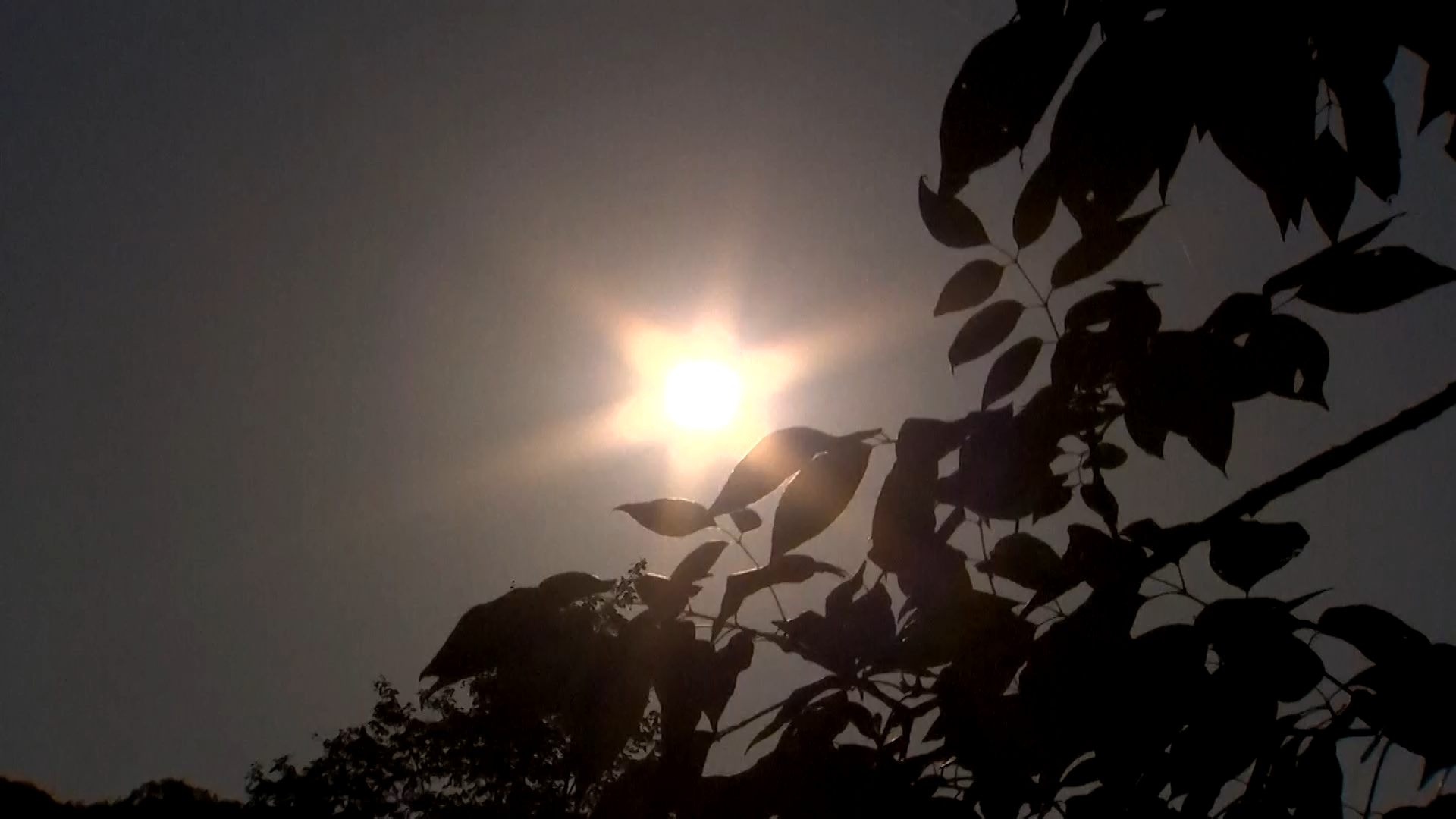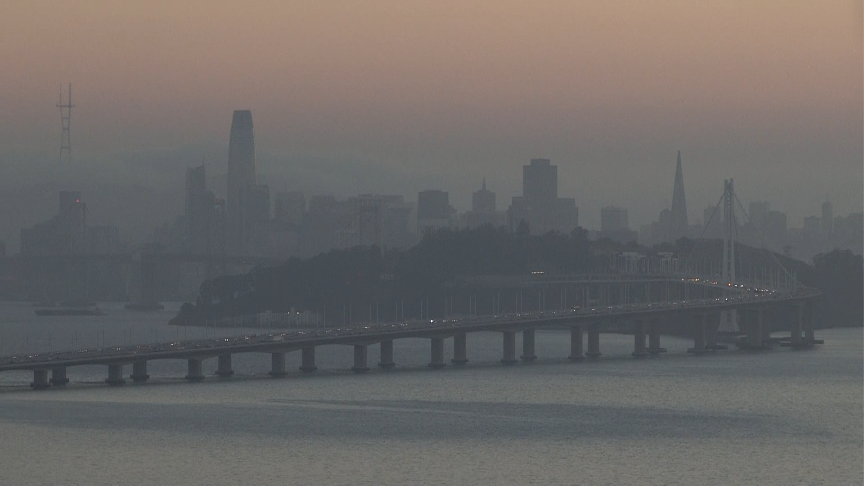High temperatures increase the chances of heat related illnesses.
Here are some tips to avoid heat-related health problems:
- If available, stay in an air-conditioned area during the hottest hours of the day.
- Wear light, loose-fitting clothing.
- Drink plenty of water (avoid alcohol and sugary drinks) and don't wait until you are thirsty.
- Take cool showers.
- Never leave a child, elderly person, or pet unattended in a car.
- Keep pets cool in hot weather.
- Avoid unnecessary hard work or activities outside during the hottest part of the day.
- Avoid unnecessary sun exposure and wear a wide-brim hat if you need to be in the sun.
- Avoid using the oven to cook.
Get a weekly recap of the latest San Francisco Bay Area housing news. Sign up for NBC Bay Area’s Housing Deconstructed newsletter.
How to identify heat exhaustion and heat stroke
An extremely high body temperature (103 or higher), dizziness, nausea, confusion, and headache are signs of heat stroke or exhaustion. If someone shows these signs, call 911 and begin cooling the individual. Here’s how:
- Moving them to a shaded area.
- Spraying with cool water and fanning them.
- Placing them in a cool shower if they are alert.
- Monitoring the body temperature and continue cooling efforts.
- Do not give the victim fluids to drink.

People age 65 and older, infants and children, and people with chronic medical conditions are more prone to heat stress. People with elderly neighbors should check in on their well-being.
For more heat safety tips visit ready.gov.
Visit our NBC Bay Area weather page to get your microclimate forecast and latest weather updates.



